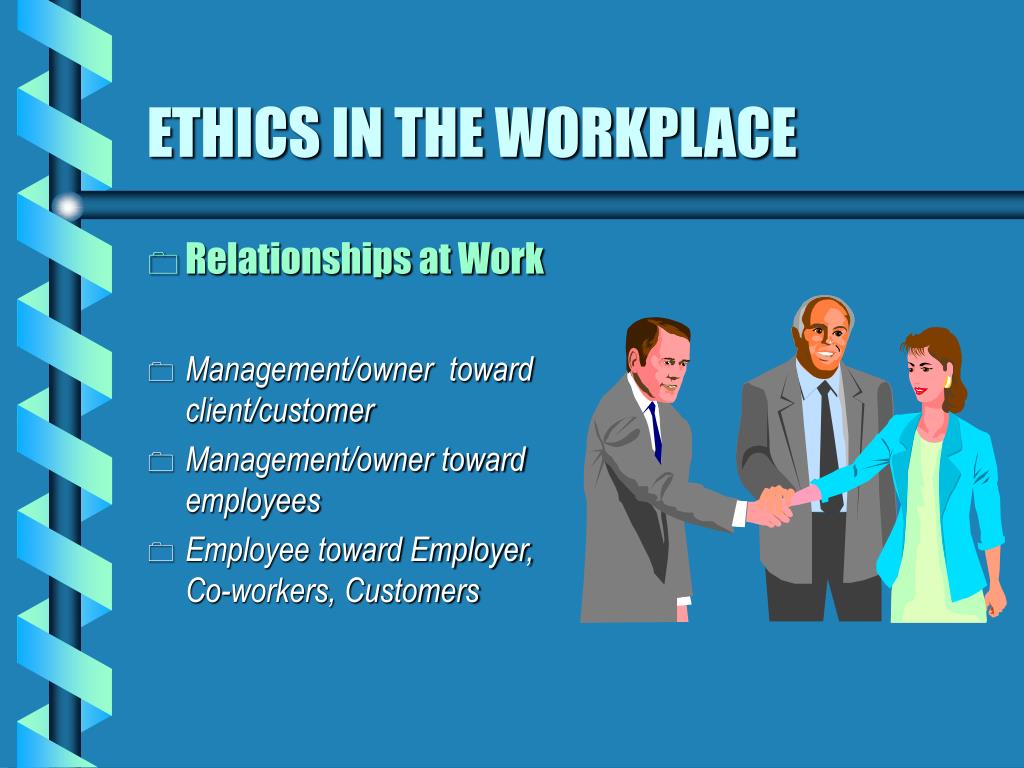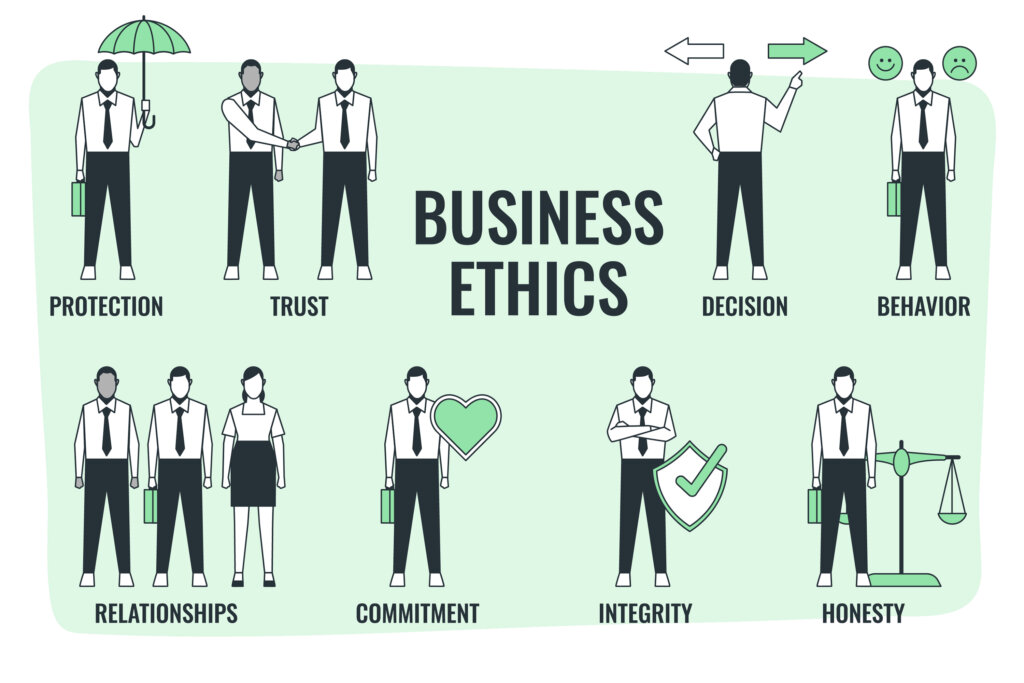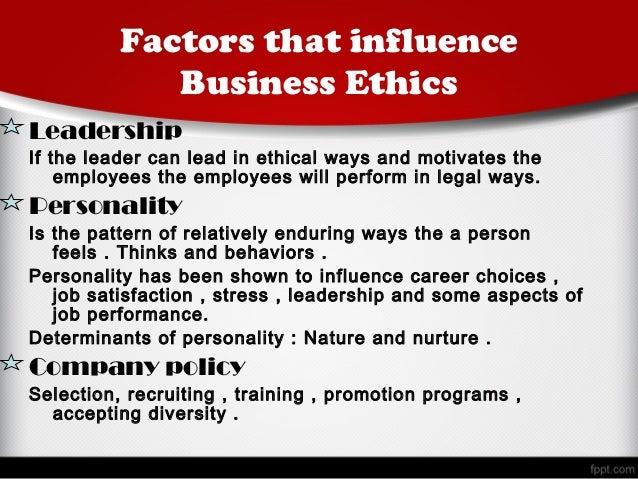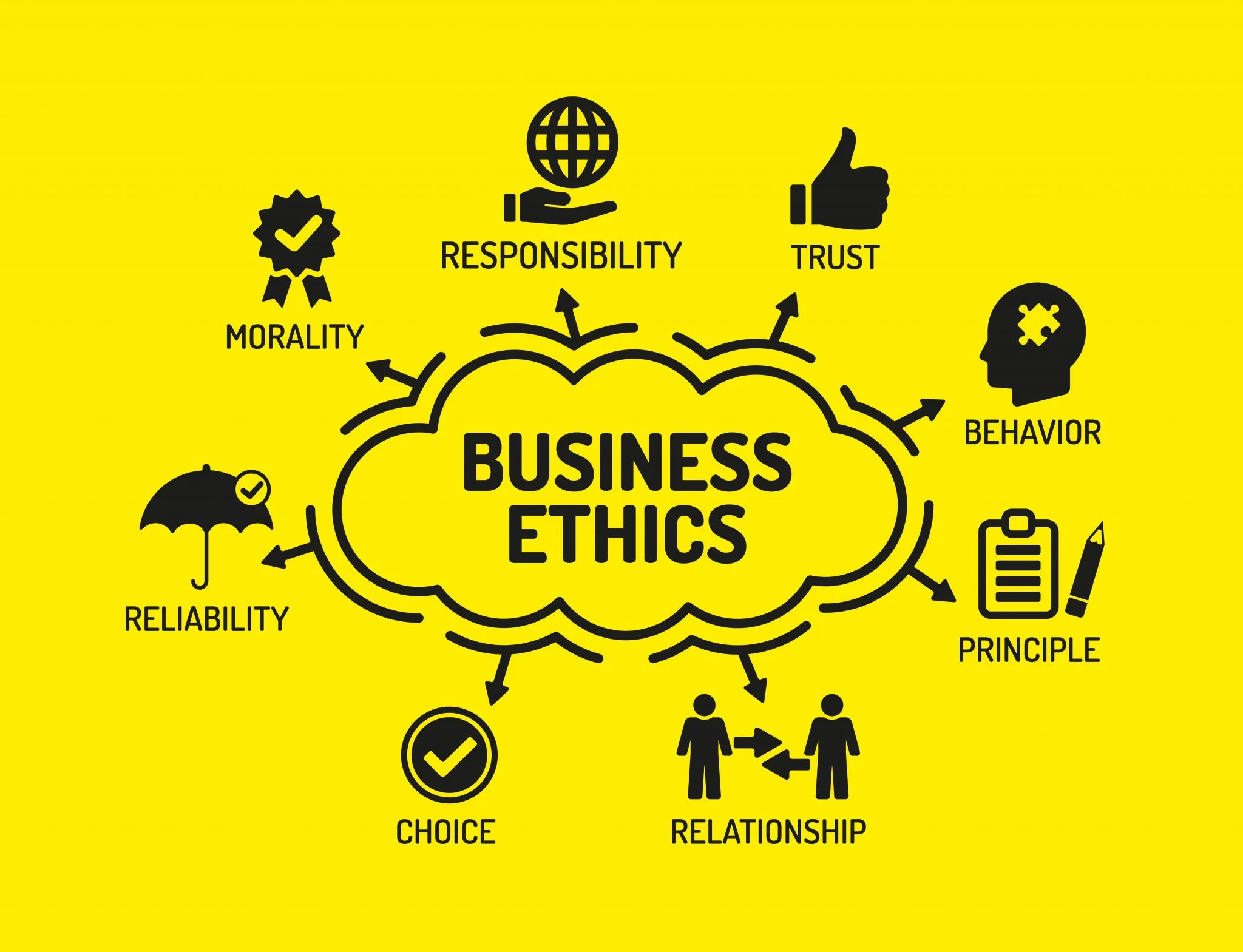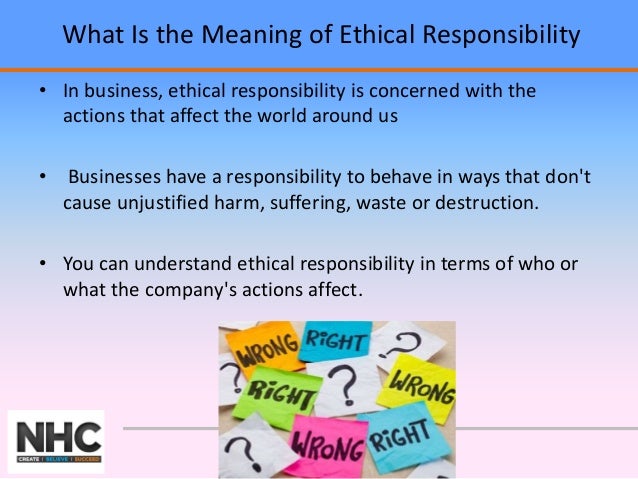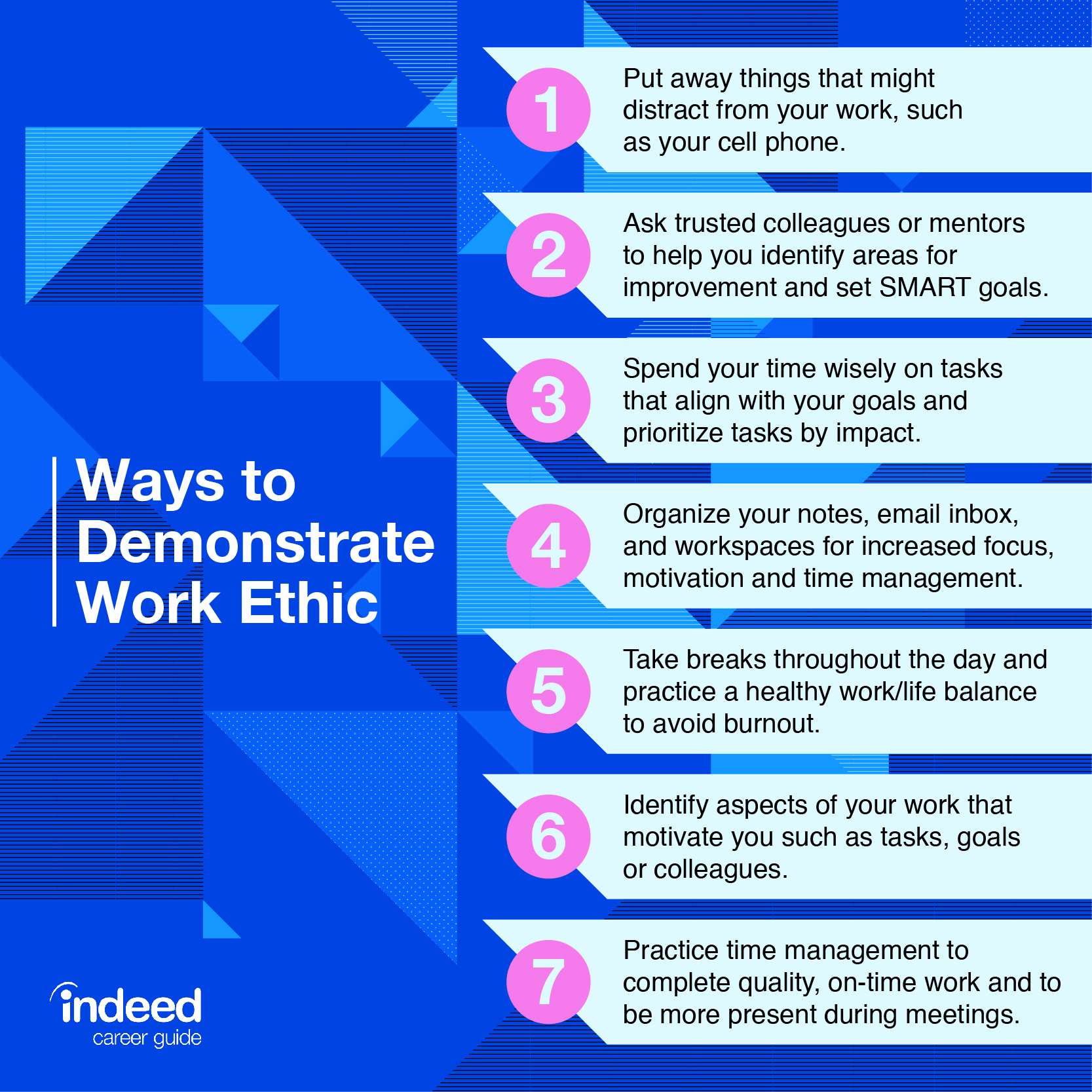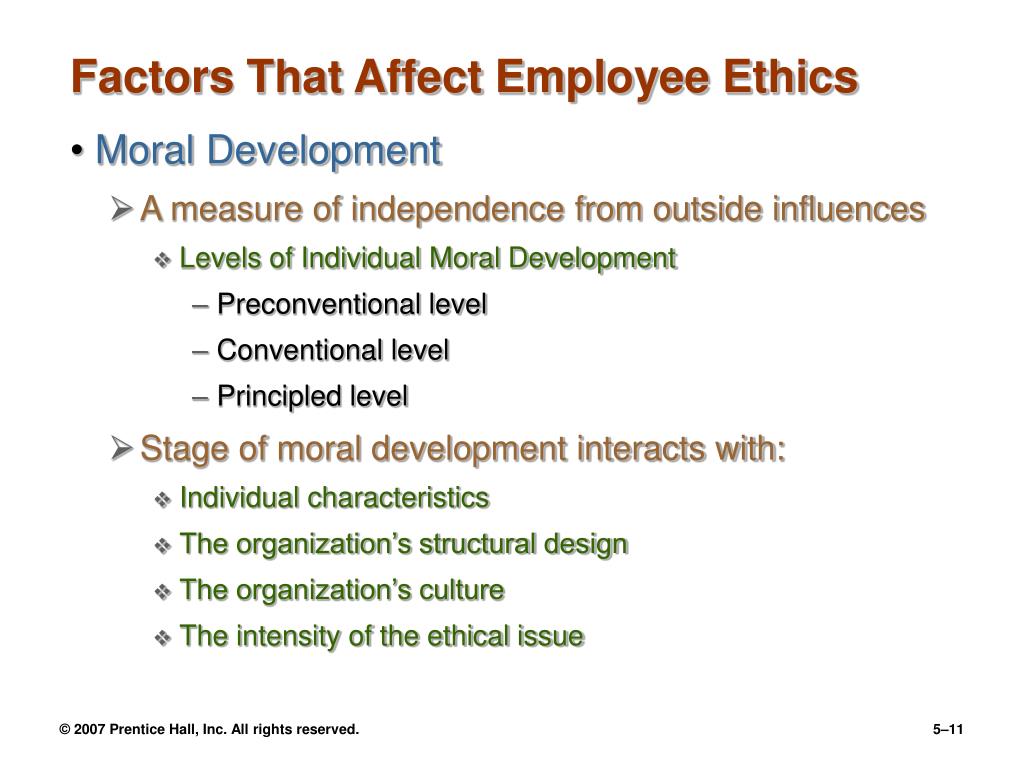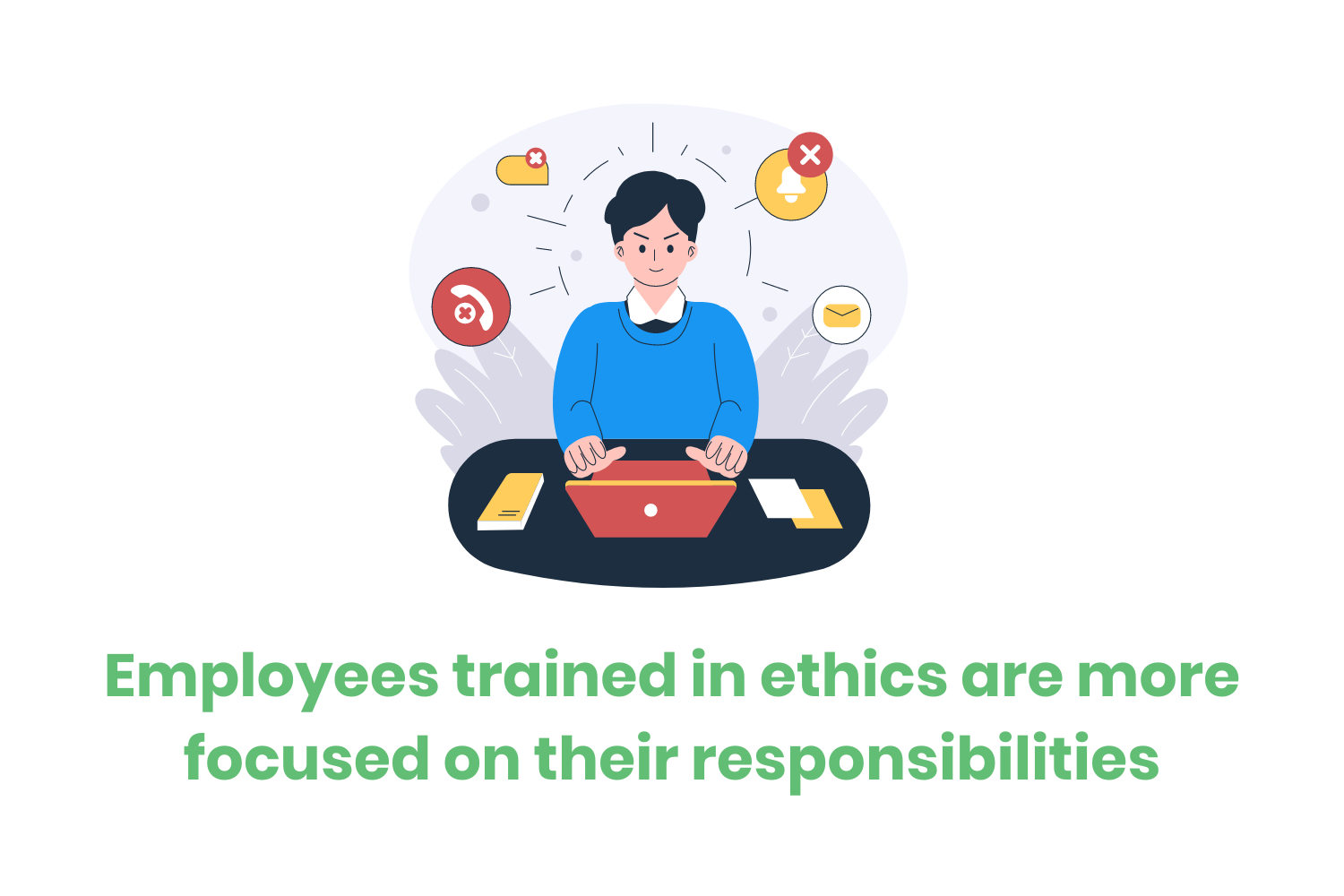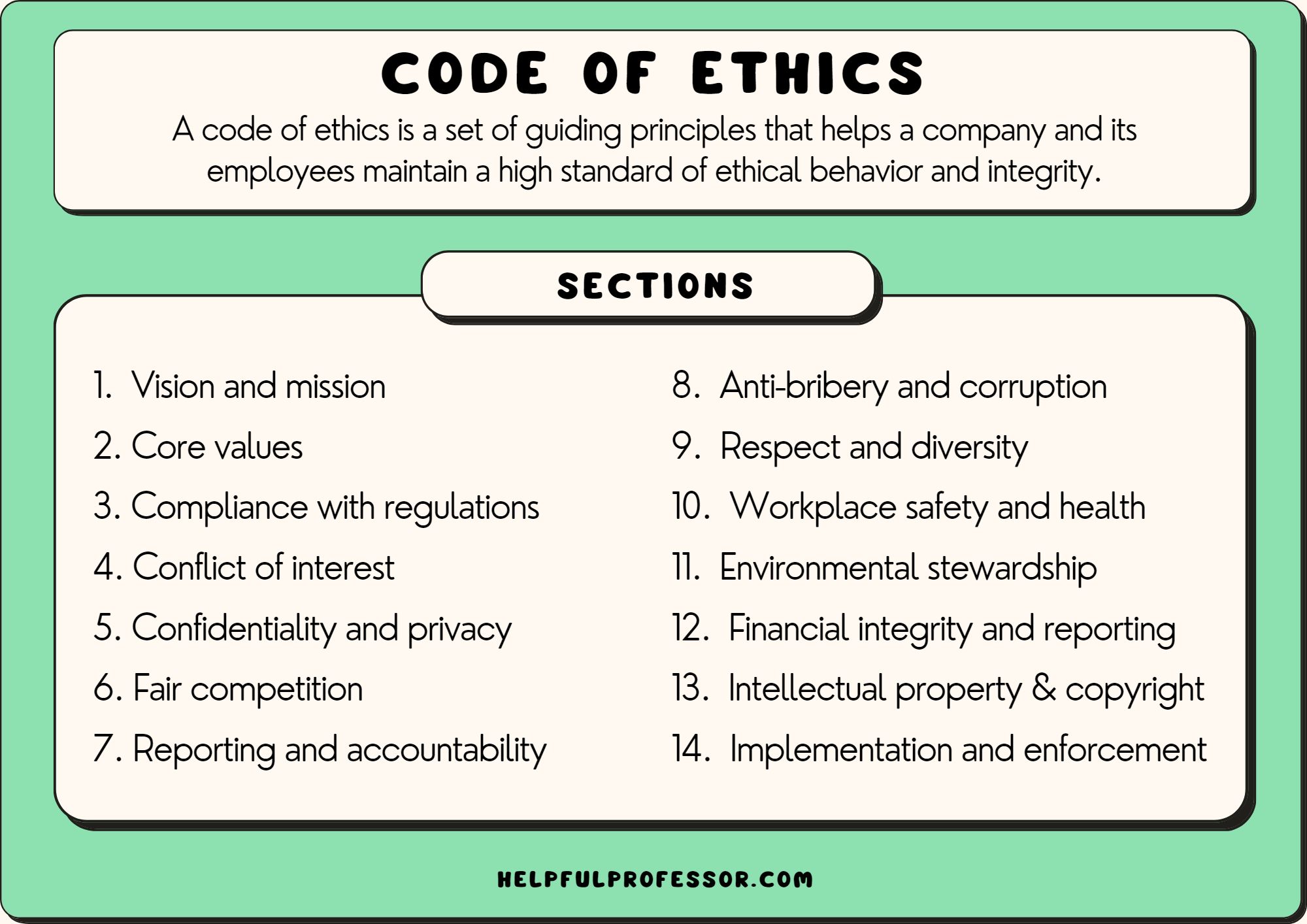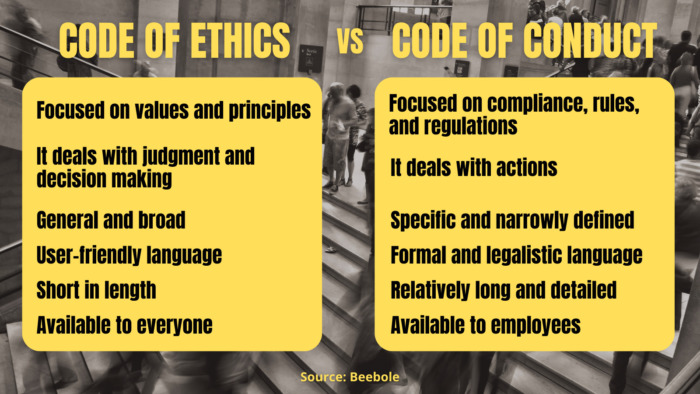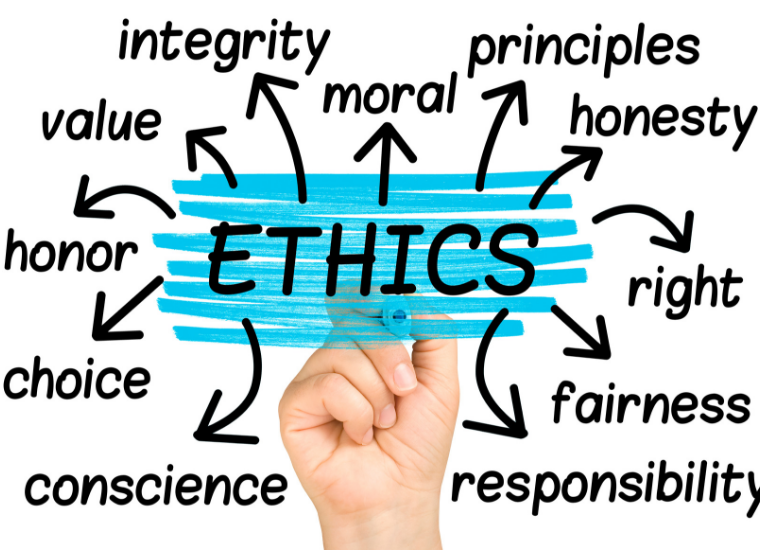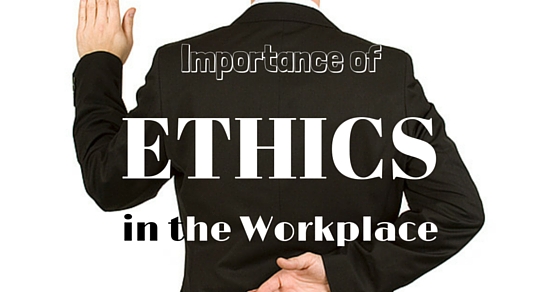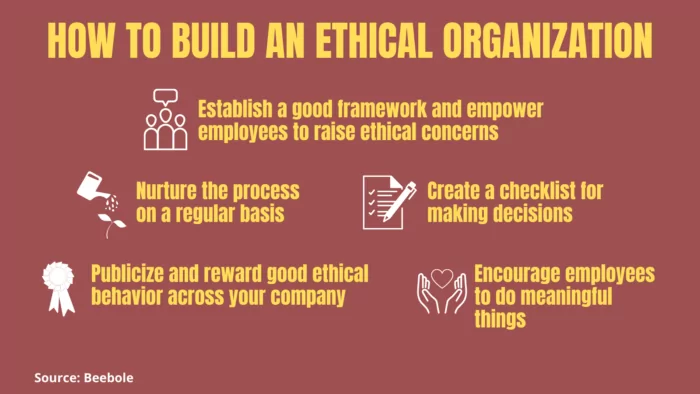Describe Ways That Employee Ethics Can Affect A Company

Imagine walking into a vibrant office, buzzing with collaboration and positive energy. Ideas flow freely, trust permeates every interaction, and a shared commitment to excellence is palpable. Now, picture the opposite: a tense atmosphere, whispers of unethical dealings, and a palpable sense of distrust. The difference? Often, it boils down to the ethical compass guiding each employee.
At its core, employee ethics—the moral principles that guide behavior in the workplace—significantly impacts a company's reputation, financial stability, and overall success. Ethical behavior fosters a culture of trust, innovation, and loyalty, while unethical actions can lead to legal battles, damaged brand image, and decreased employee morale. This article explores the profound ways employee ethics can shape a company's destiny.
The Ripple Effect of Ethical Conduct
A strong ethical foundation starts with leadership setting the tone. When leaders prioritize integrity, employees are more likely to follow suit. This creates a virtuous cycle where ethical decisions become the norm, fostering a culture of accountability and trust.
This, in turn, significantly enhances a company's reputation. Consider Johnson & Johnson's handling of the Tylenol crisis in 1982. Their swift and ethical response, prioritizing consumer safety, solidified their reputation as a trustworthy brand.
Building Trust and Loyalty
Ethical behavior directly impacts employee morale and loyalty. Employees who feel valued and respected are more likely to be engaged and committed to the company's success.
Studies have shown a strong correlation between ethical workplaces and higher employee retention rates. A positive ethical climate reduces stress, promotes teamwork, and encourages open communication.
Financial Implications of Ethics
While ethics may seem intangible, its impact on a company's bottom line is undeniable. Companies with strong ethical reputations often attract investors and customers. Research from the Ethisphere Institute consistently demonstrates that publicly traded companies recognized as "World’s Most Ethical Companies" outperform their peers in the stock market.
Conversely, unethical behavior can lead to costly legal battles, fines, and a decline in sales. The Volkswagen emissions scandal, for instance, resulted in billions of dollars in fines and a significant drop in consumer trust, highlighting the severe financial consequences of ethical lapses.
The Dark Side: When Ethics Fail
The consequences of unethical behavior can be devastating. Fraud, corruption, and discrimination can erode trust, damage relationships with stakeholders, and ultimately jeopardize a company's future.
The 2008 financial crisis serves as a stark reminder of the dangers of unchecked greed and unethical practices. Lax regulations and a culture of prioritizing profits over ethics led to widespread financial instability.
Combating Unethical Behavior
Companies can proactively cultivate an ethical culture through training programs, clear codes of conduct, and whistleblower protection policies. Encouraging open communication and providing channels for reporting unethical behavior are crucial.
Setting a strong ethical example from the top down is paramount. Leaders must consistently demonstrate integrity in their actions and decisions to inspire ethical behavior throughout the organization.
A Sustainable Future Built on Ethics
In today's increasingly interconnected world, ethical behavior is no longer a luxury, but a necessity. Companies that prioritize ethics are more likely to build lasting relationships with customers, employees, and stakeholders.
By embracing ethical principles, businesses can create a more sustainable and equitable future for all. A commitment to ethics fosters innovation, drives long-term growth, and strengthens the fabric of society.
Ultimately, the ethical compass of each employee contributes to the overall direction and success of a company. Nurturing a culture of integrity, transparency, and accountability is an investment that pays dividends in the form of a stronger reputation, loyal workforce, and sustainable financial performance.
